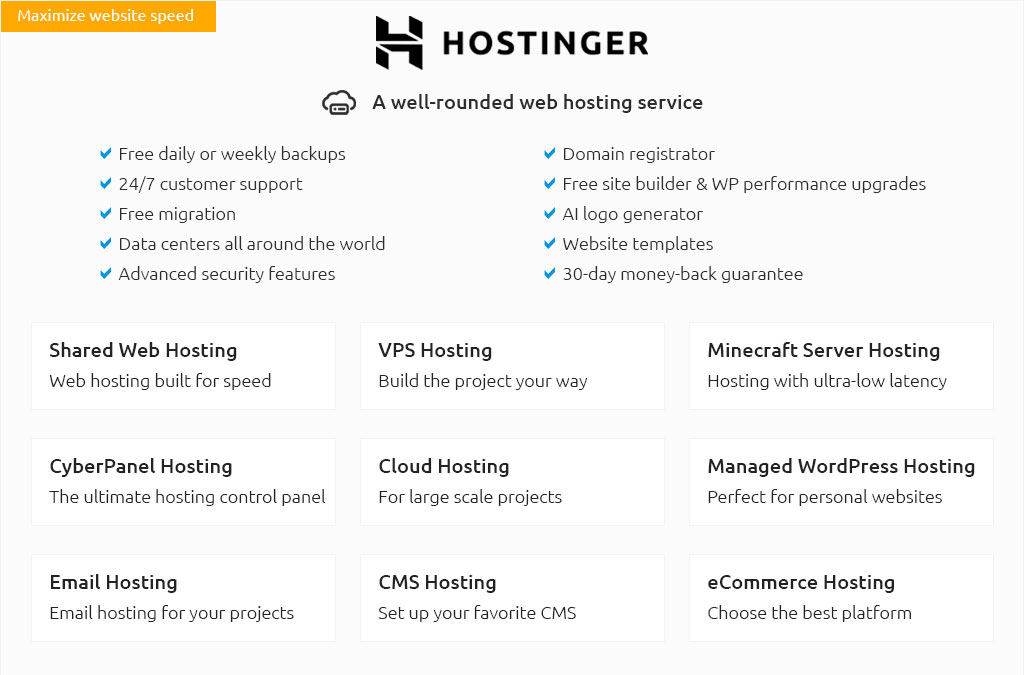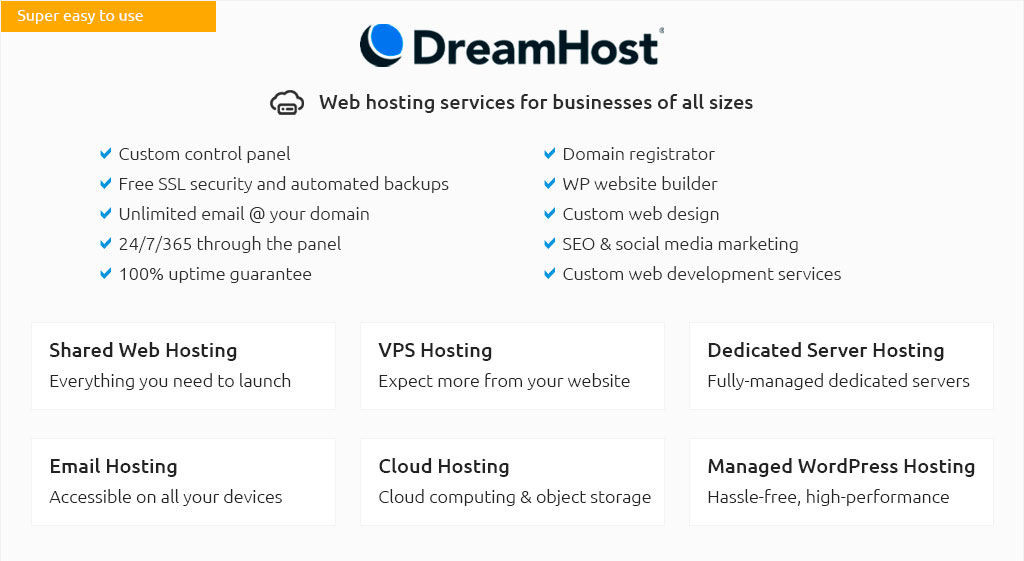 |
|||
 |
 |
 |
|
 |
|
 |
 |
 |
|||
 |
|||
 |
|||
 |
|||
 |
|||
 |
|||
 |
 |
Exploring the World of Private VPS ServersIn the ever-evolving landscape of web hosting, the notion of a Private VPS Server has steadily gained prominence, intriguing those who seek more control and flexibility in their online endeavors. As the digital realm becomes increasingly crowded, individuals and businesses alike are driven to find solutions that not only accommodate their unique needs but also offer a level of autonomy that shared hosting environments simply cannot provide. One might wonder, what exactly distinguishes a Private VPS Server from other hosting solutions? At its core, a Virtual Private Server, or VPS, offers a virtualized environment, simulating a dedicated server within a shared hosting context. This approach allows users to enjoy the best of both worlds: the cost-effectiveness of shared hosting and the robust performance and control of dedicated servers. It's akin to renting an apartment in a luxury high-rise-though you share the building with others, your space is entirely your own, offering privacy and the freedom to customize your environment as you see fit. From a practical standpoint, many users are drawn to VPS hosting for its unparalleled scalability and reliability. Businesses experiencing growth spurts often find VPS an ideal solution, as it allows for seamless upgrades in resources without the need to migrate to a new server. This scalability is further enhanced by the isolation a VPS provides; your resources are yours alone, unimpacted by the usage patterns of other tenants. This isolation not only ensures consistent performance but also bolsters security-a key concern in today's digital age. Security is undoubtedly a major consideration for any online entity, and the enhanced security measures afforded by a VPS cannot be overstated. Unlike shared hosting, where vulnerabilities can be introduced through neighboring accounts, a VPS is insulated, allowing users to implement their own security protocols and software. This autonomy is particularly appealing to those who handle sensitive data or require compliance with stringent industry standards. Yet, as with any technology, there are nuances to consider. While the benefits of a VPS are plentiful, some potential drawbacks warrant attention. Managing a VPS can be more complex than a shared hosting environment, necessitating a certain level of technical expertise. Users who lack this expertise may find themselves investing additional time-or funds-in managing and maintaining their server. Thus, it's crucial for prospective VPS users to assess their own technical capabilities or consider managed VPS services, which offer professional oversight while still providing the benefits of a private server. In conclusion, the decision to invest in a Private VPS Server is not one to be made lightly, but for those who crave autonomy, flexibility, and enhanced security, it often proves to be a prudent choice. As we continue to witness rapid advancements in technology, the role of VPS in the hosting landscape is poised to expand, offering a compelling option for those eager to harness the power of a dedicated server without the associated costs. As with any significant decision, thorough research and consideration of one's specific needs and resources are paramount in determining whether a VPS is the optimal solution. Ultimately, a Private VPS Server represents not just a hosting choice, but a strategic investment in the future of one's online presence. https://aws.amazon.com/lightsail/
Amazon Lightsail is an easy-to-use virtual private server (VPS) that offers simple management of cloud resources such as containers, at low, ... https://www.databasemart.com/vps-hosting?srsltid=AfmBOor0noSxwvoQCi8PWdT1eii8objT9Q_4MqIGTEtxyFuOgvpZWMxf
A VPS (Virtual Private Server) is a virtual server from a partitioned dedicated server, with isolated CPU, RAM, and disk resources. https://en.wikipedia.org/wiki/Virtual_private_server
The term "virtual dedicated server" (VDS) has a similar ...
|